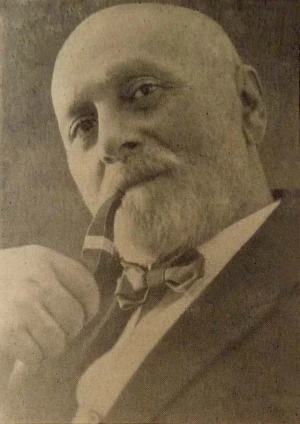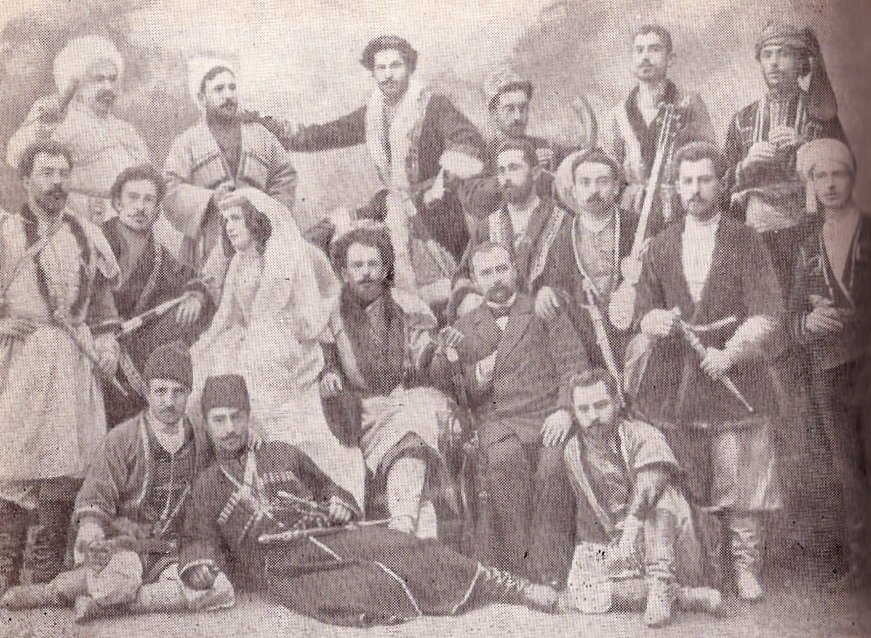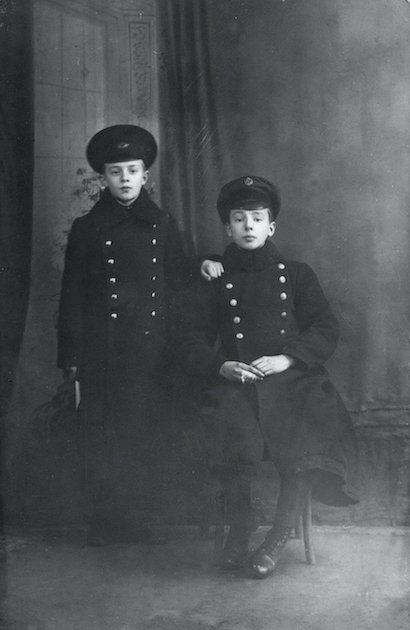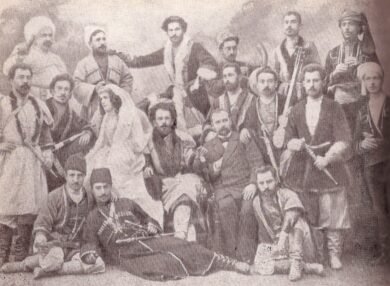
A Musical Journey Begins
In the serene village of Banoja, nestled in the Tskaltubo district, a musical legend was born on January 5, 1862. Meliton Balanchivadze’s journey from these quiet beginnings to becoming a cornerstone of Georgian musical culture is nothing short of inspiring. His early education at Kutaisi Theological School set the stage for what would become a life dedicated to music and cultural preservation.
From Choirs to Concert Halls
Under the guidance of Vladimir Agniashvili, Balanchivadze’s passion for music flourished. He not only participated in student choirs but also took the bold step of forming his own. This early display of leadership was a harbinger of his future contributions to Georgian music.
By 1879, Balanchivadze’s talents had earned him a place in the choir of the Exarch of Georgia, and by 1880, he was a soloist at the Tbilisi Opera Theater. His performances in operas such as Tchaikovsky’s “Eugene Onegin” and Gounod’s “Faust” captivated audiences and solidified his reputation as a leading figure in Georgian opera

Cultural Revolution Through Song
In 1882, Balanchivadze founded a choir dedicated to Georgian folk songs. The choir’s public performance in Tbilisi marked a historic cultural moment, showcasing the beauty and depth of Georgian folk music to a wider audience. His dedication to documenting and studying these songs alongside Filimon Koridze laid the groundwork for a renaissance in Georgian cultural identity.
His compositions, including the groundbreaking romances “Nana,” “Shen Getrfi Marad,” and “Odesats Gitsker,” introduced the romance genre to Georgian music, enriching the nation’s cultural tapestry.
A Legacy Across Borders
Balanchivadze’s influence extended beyond Georgia. His time at the St. Petersburg Conservatory under masters like N. Rimsky-Korsakov spurred innovations in his work. His opera “Tamar Tsbieri,” a bold endeavor staged in Russia, earned international acclaim and underscored the universal appeal of Georgian musical narratives.
Upon returning to Georgia in 1918, Balanchivadze committed himself to nurturing future generations of musicians. The establishment of a music school in Kutaisi and leadership roles in Batumi and Kutaisi are testaments to his enduring impact.
Family and Beyond

Meliton’s legacy is not only enshrined in his compositions but also lives on through his family. His son, George Balanchine, became a towering figure in ballet, ensuring that the Balanchivadze influence extended into the broader world of performing arts.
Celebrating a Cultural Giant
As we reflect on Meliton Balanchivadze’s contributions, his role in shaping Georgian musical identity is clear. His awards, including being named People’s Artist of Georgia in 1933, only begin to acknowledge his impact. Through choirs, compositions, and educational efforts, Balanchivadze not only preserved Georgian musical heritage but also propelled it into new realms of creativity and appreciation.
Meliton Balanchivadze’s life and work remain a testament to the power of cultural dedication and artistic excellence. His vision continues to inspire, reminding us of the profound connections between music, culture, and national identity.


